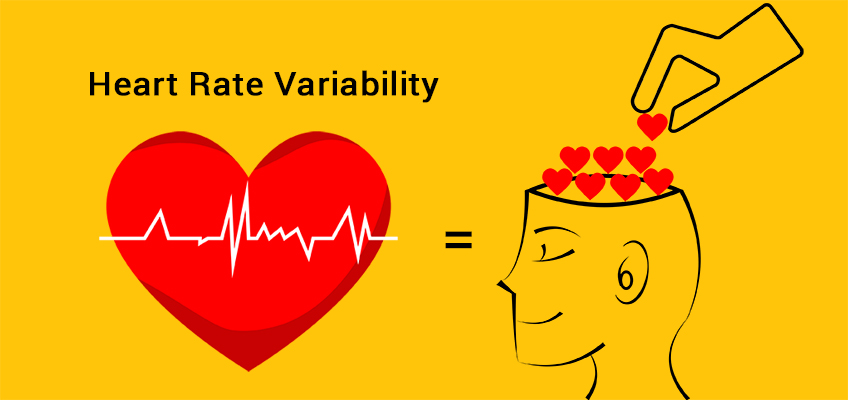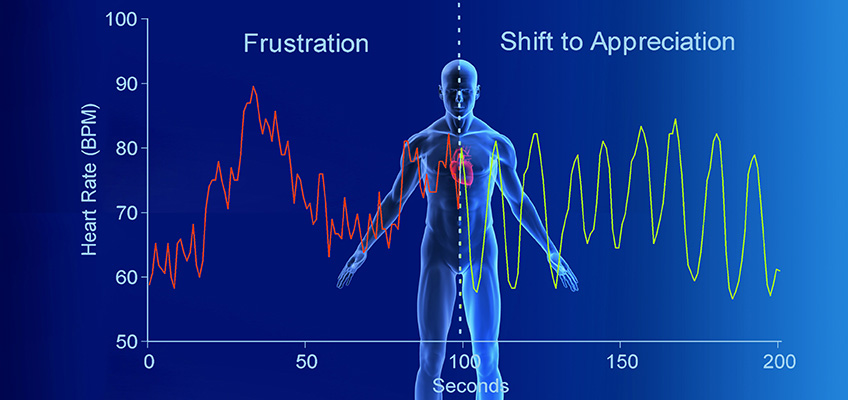Get Access to our Latest Ideas & Research on Heart Intelligence
Learn practical solutions for expanding heart connections, accelerating personal growth and transforming stress into greater energy, better health and a more fulfilling life.
Learn practical solutions for expanding heart connections, accelerating personal growth and transforming stress into greater energy, better health and a more fulfilling life.

The researchers who conducted a recently published study using a short breathing protocol to measure heart rate variability (HRV) in a large group of Dutch workers say it’s the first of its kind.
"This is the first study," the researchers explained, "to explore a 1-minute paced deep-breathing HRV protocol as an objective screening measure for multiple future health issues in a working population."
Continue reading
Would it surprise you to know that a recent study proposes that wisdom, or good judgment is not exclusively a function of your brain, but also of your heart?
More precisely, “wise reasoning,” the study’s authors say, is closely dependent upon what scientists refer to as heart rate variability as well as an ego-decentered mind. Both are key determinants of wiser, less-biased judgment.
Continue reading
Two 2015 pilot studies conducted independently in neighboring European nations shared similar objectives and reached similar conclusions about the potential benefits of cardiac coherence training for two populations of mentally disabled patients. One of the studies used HeartMath emotion self-regulation techniques as a primary intervention.
Continue reading
It has only been five decades since scientists began to alter their long-held belief that the human body’s cells, tissues and organs, particularly the heart, strive to maintain a constant static or steady state.
Continue reading